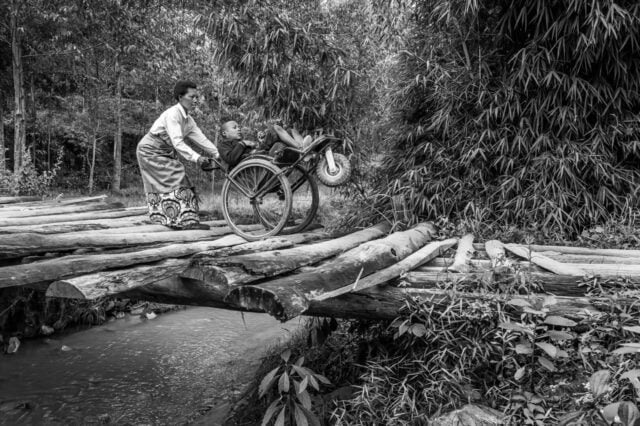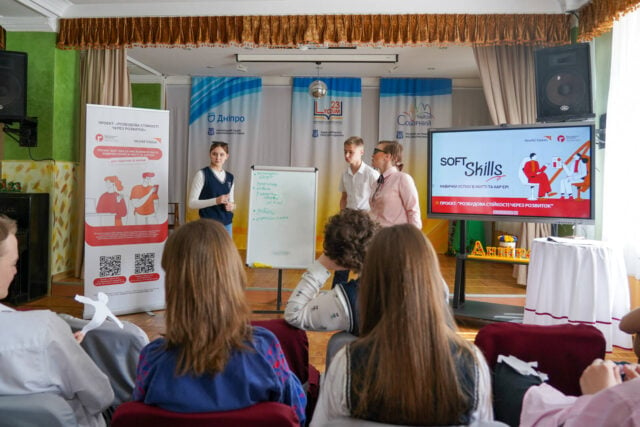It’s the last hour of the last day of school, and the sun’s rays pour through the classroom windows like a promise. I can hardly believe that at long last, summer vacation is nearly here.
For me and my brothers, summer is barefoot soccer matches in soft green grass, sunset bonfires on rocky beaches, climbing tree after tree, and picking wild blackberries until our fingers are stained red.
As laughter and chatter build around me, and the final moment of freedom draws near, I can almost taste those sour-sweet berries on my tongue …
What are some of your best summer vacation memories? What are summers like for your children today? Are they outside splashing in the pool, reading books under a tree, or is it a three-month battle between them and those oh-so-tempting electronics (#thestruggleisreal)?
As spring slips into summer here in the U.S., I invite you to take a moment to travel far across the globe into the summer settings of a few special children. We asked them to share what summer vacation is like for them, and here’s what they had to say.
India: 11-year-old Anand
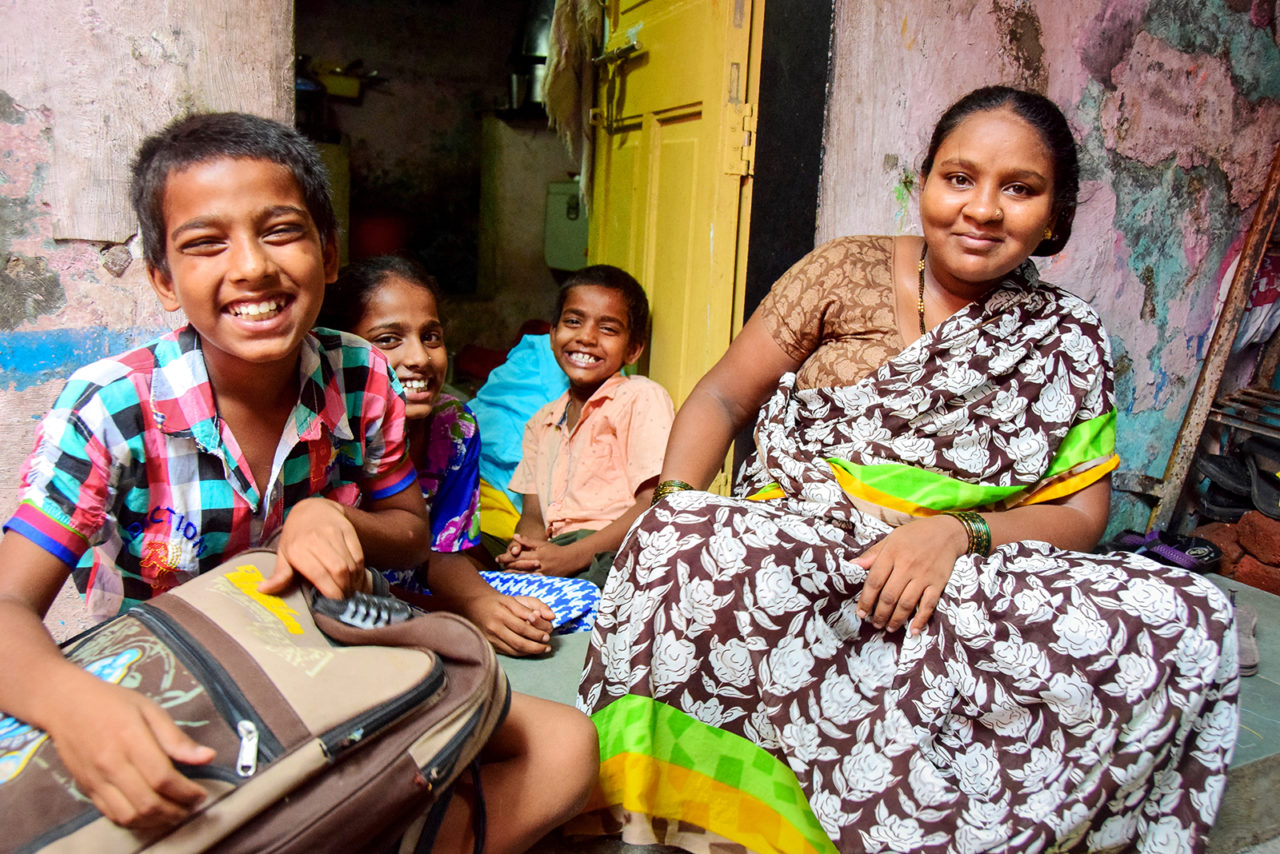
In tropical southwestern, India, 11-year-old Anand attends boarding school 13 hours away from hometown in Karnataka. When summer holiday arrives, he can hardly wait to board the train home.
“I packed my bags long back,” he says with a big grin. “In our village, we get to play all the time. We climb trees, pluck mangoes, and eat them. We also play in the fields with our friends, go to the local melas [fairs] and attend weddings.”
When asked what his hometown is like, Anand describes an ideal retreat: “vast fields, mountains, and lots of animals … We can also see the stars, something that we miss in the city.”
Ethiopia: 14-year-old Sifelig
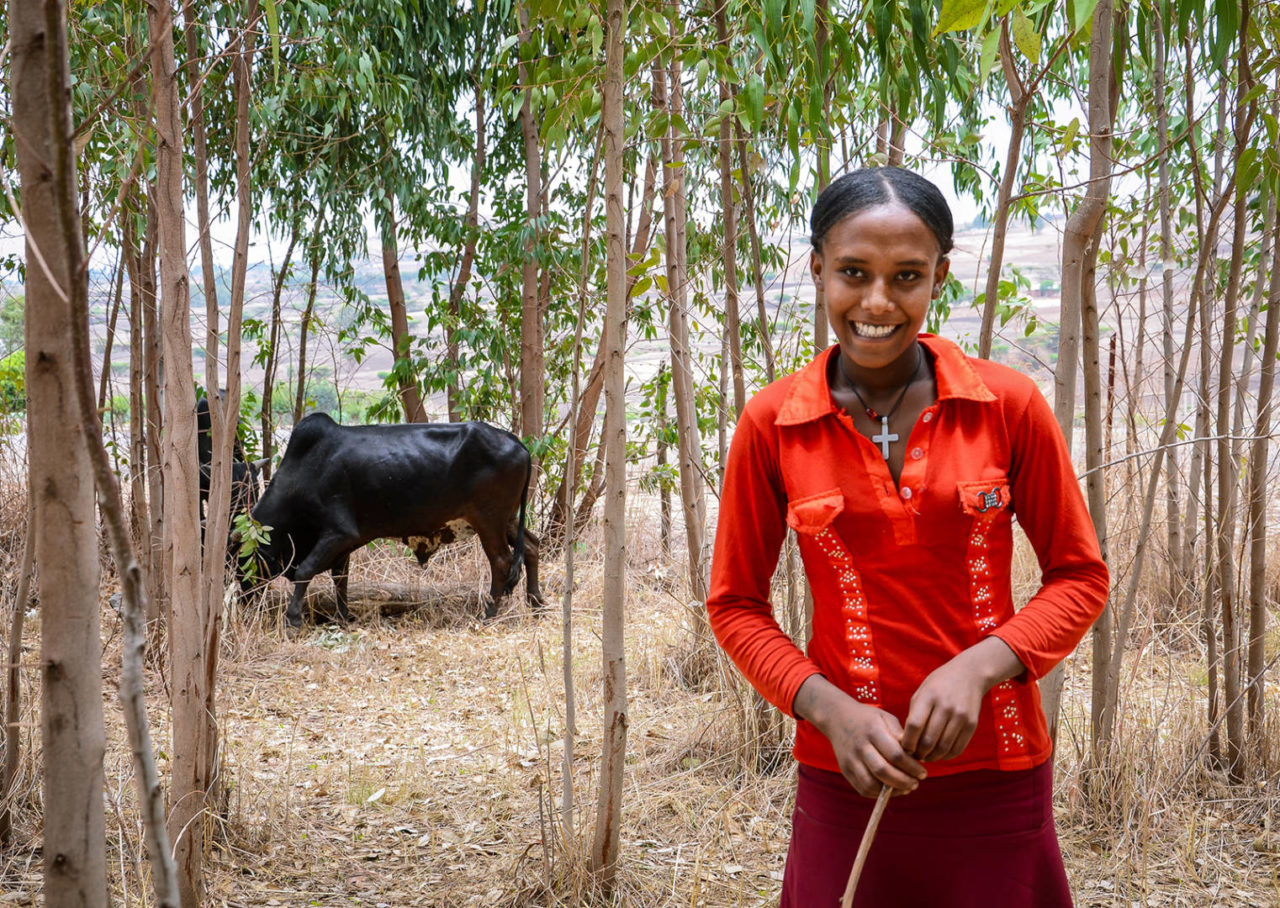
2,500 miles west, across the Arabian sea and in the heart of agrarian Ethiopia, lives a 14-year-old 7th grader named Sifelig. For Ethiopian students like her, summer vacation begins at the start of the rainy season so they can lend an extra hand on their families’ farms.
With over 80% of Ethiopia’s population relying on agriculture, school calendars — and many other socio-economic aspects of the culture — are aligned with farming seasons. But the rain — and the hard work — doesn’t dampen the kids’ enjoyment of a reprieve from classroom life.
“I love the summer season because we eat potatoes and roasted barley, and there will be plenty food at home,” Sifelig explains. “I usually help my mother in fetching water and feeding cattle. I also plan to prepare for my 8th grade national exam.”
14-year-old Derebe, a peer of Sifelig’s, loves how the rain transforms his village and farm: “Our village turns in to a lusher green because of the continuous rain. And our cattle at home get plenty of grass.”
Thailand: 8-year-old Guitar
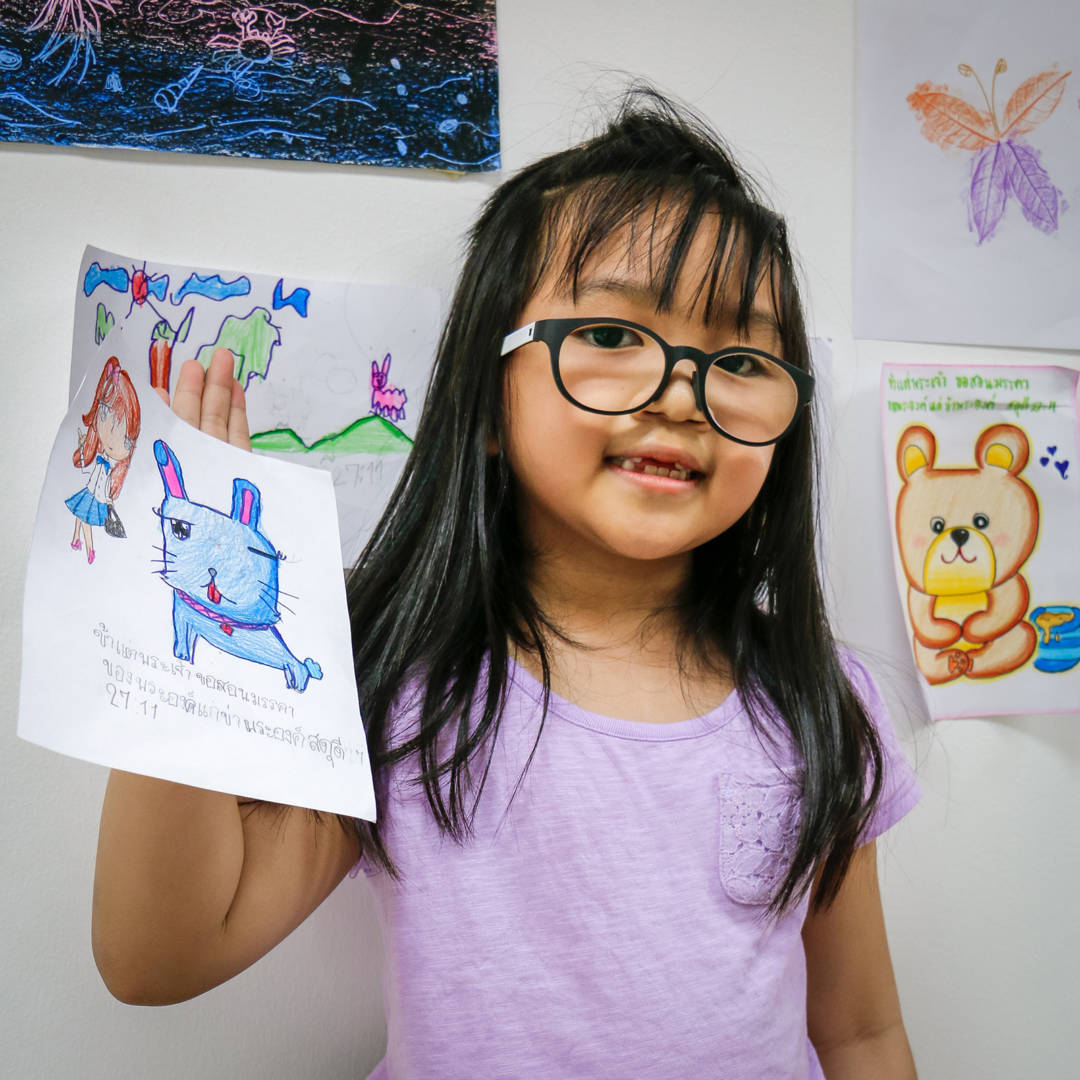
Car horns blare in the bustling, beautiful city of Bangkok outside World Vision’s daycare center for the children of World Vision Thailand staff. Here we meet an 8-year-old little girl named Guitar with oversized glasses that slip down her nose and sweet smile.
“I want the school term break to be long so that I can continue to come here and play,” she says with enthusiasm.
Guitar and other children at the center are watched by a volunteer Sunday school teacher who essentially facilitates a Vacation Bible School program for the kids, with fun and simple Bible lessons, arts and crafts, and activities that promote development.
When asked what she especially enjoys doing at the daycare, Guitar shared, “I like to look at cartoons and draw pictures.” Her latest artwork includes a sky-blue bunny and a verse she learned at the center: “Teach me your way, O LORD, Psalm 27:11.”
Armenia: 9-year-old Vilen
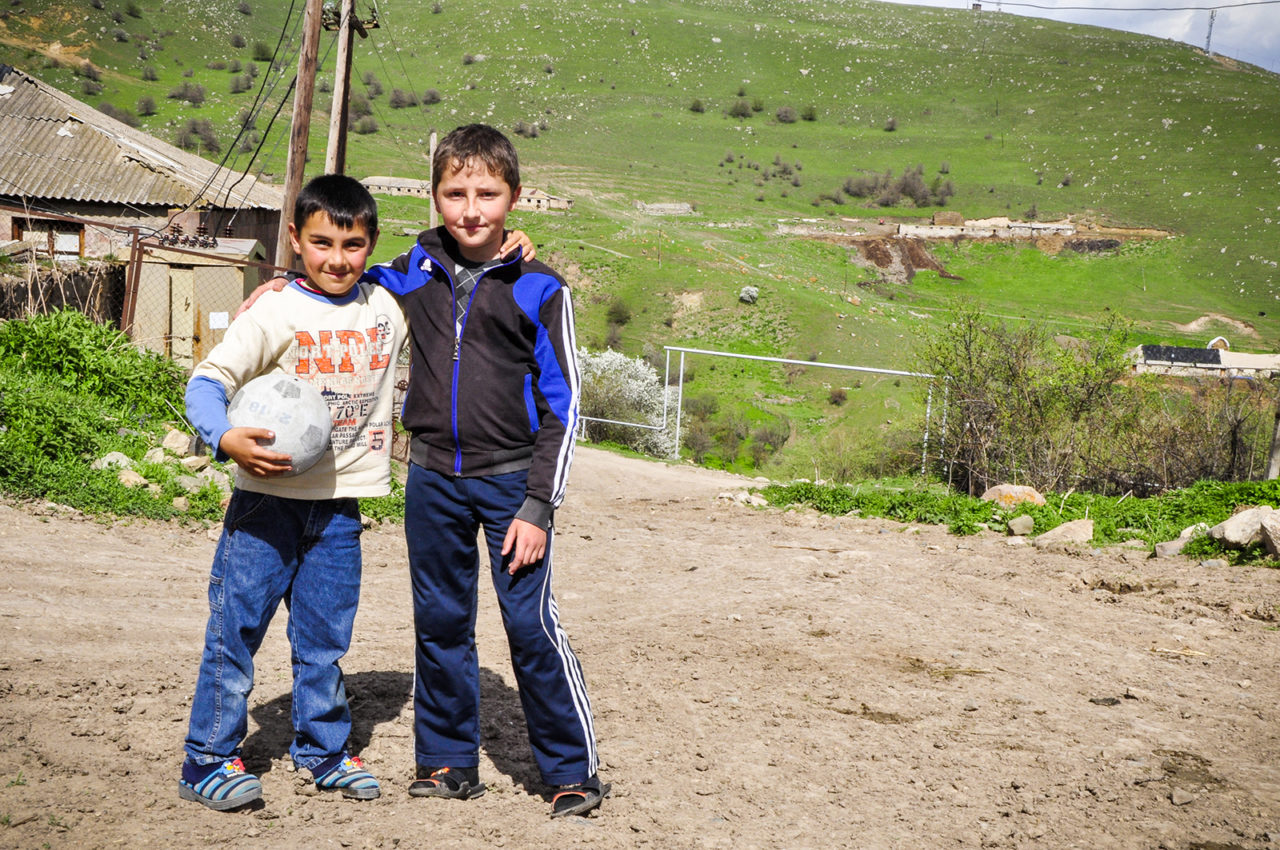
Our next destination takes us into Eastern Europe, to the mountainous Gegharkunik region of Armenia, where we meet a 9-year-old soccer enthusiast named Vilen. For him, summer holidays are simply “the best.” He doesn’t have to go to school and can play soccer all day long with his best friend, Martin.
“In this part of our village, the only children are me and Martin. So, when summer comes, we are mostly out in the yard playing soccer. I love it; it is so much fun spending time with your best friend and playing ball,” Vilen shares.
Vilen’s mother Lilit adds with a laugh, “I usually have to call him back home so that he reads for a bit; otherwise, he would play all day long.
“Living in a rural area has its benefits,” she continues. “Children breathe fresh air, they eat healthy farm food — fresh eggs, fresh dairy products, and the bread we bake ourselves. In cities and towns, children usually need to go to the countryside for summer holidays to spend time in nature, but children of our village live next to the forest, where the air is always fresh.”

